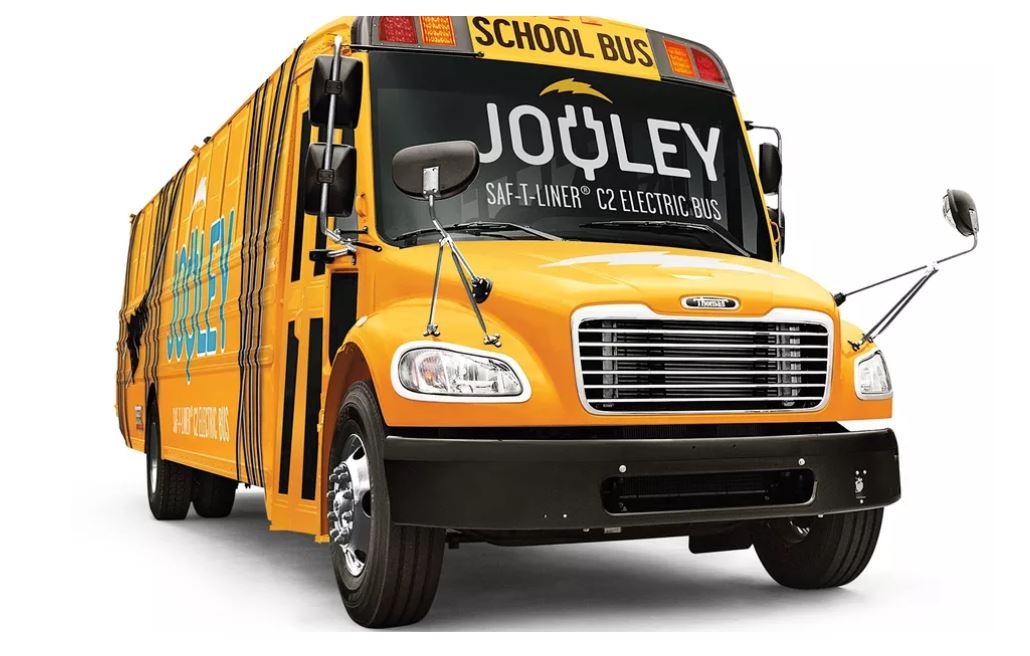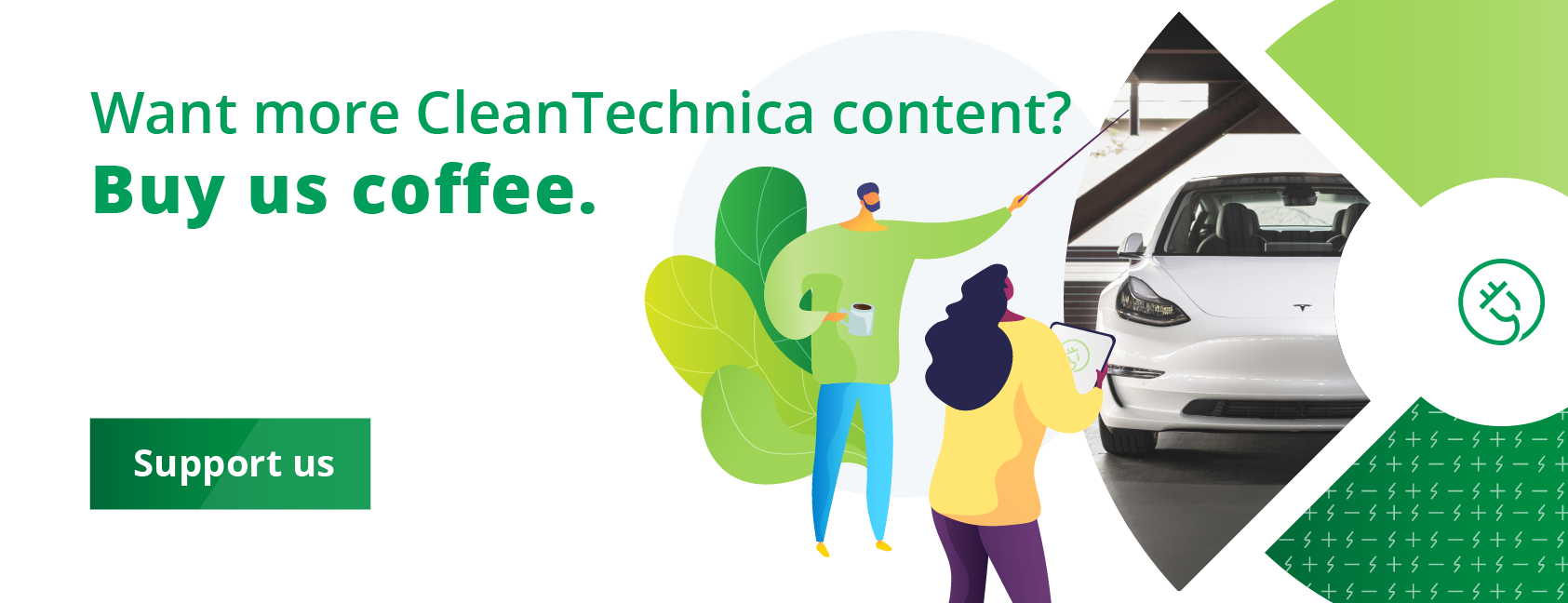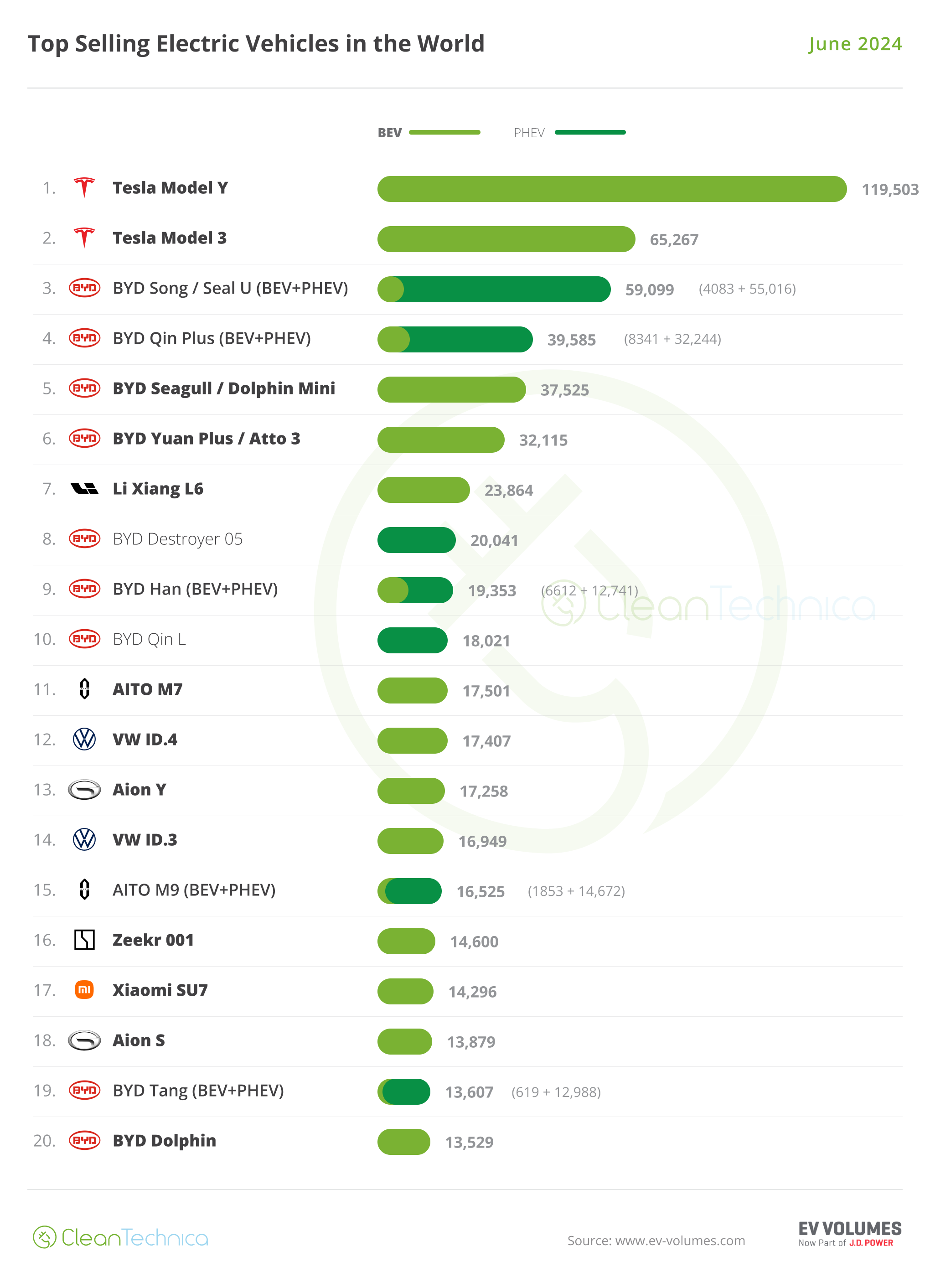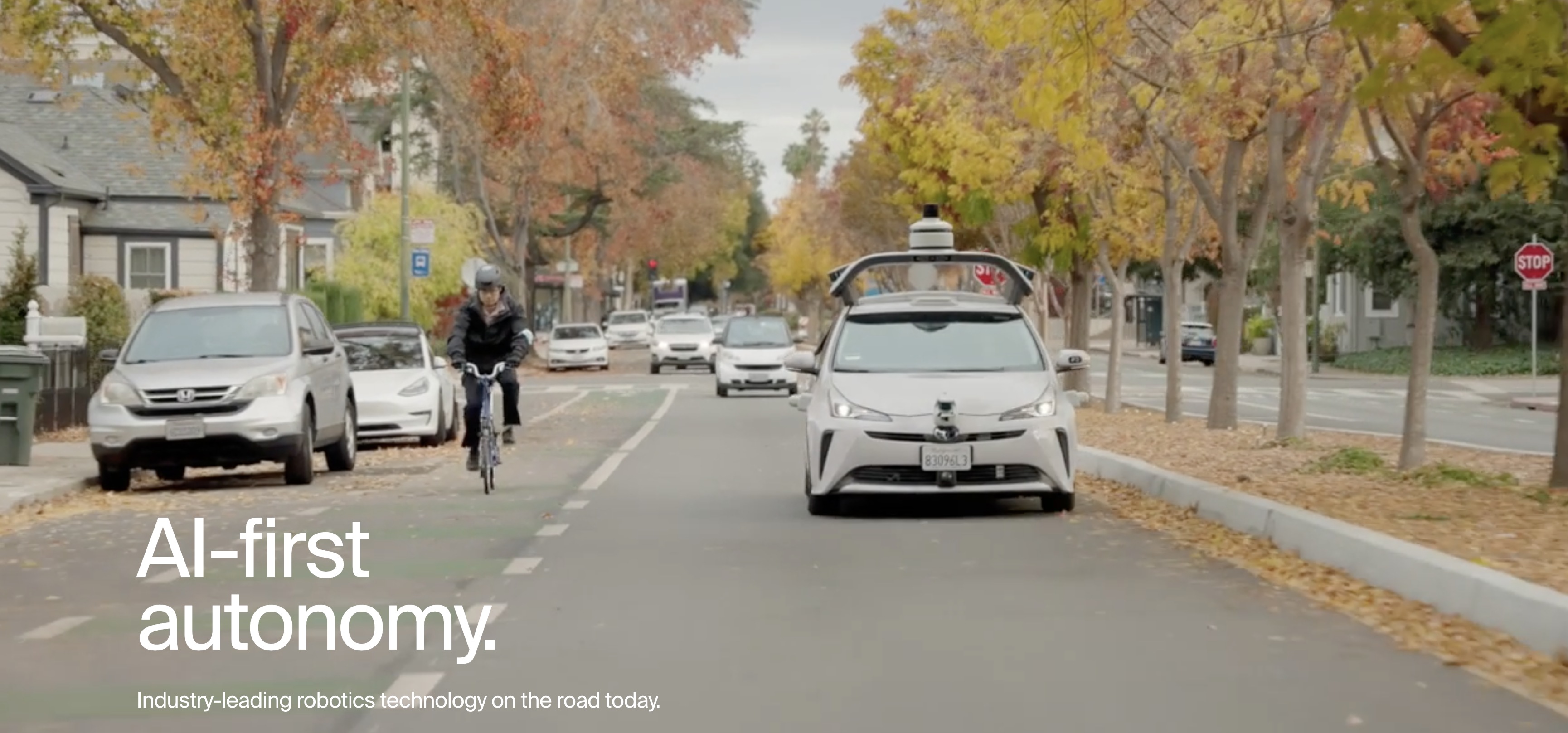
Proterra in Latin means “for the Earth.” It started doing business in 2004 with the intention of replacing diesel-powered buses with battery-powered alternatives. Its bus chassis was innovative in that it used carbon fiber extensively to reduce both corrosion and weight.
Along the way, Proterra has sold more than 1300 electric buses to 130 transportation agencies in the US and Canada. It has also branched out into other markets, such as providing batteries and propulsion systems to other companies making heavy duty and off-road vehicles. One of its primary customers is Thomas Built Buses, a subsidiary of Daimler that manufactures electric school buses.
 In 2021, Proterra went public via a merger with a so-called special acquisition company (SPAC), a move that allowed it to raise more than $640 million. The stock peaked at $26.38 at the time of the SPAC deal. This week, the company filed for Chapter 11 bankruptcy protection, which caused its stock price to fall below $1.00.
In 2021, Proterra went public via a merger with a so-called special acquisition company (SPAC), a move that allowed it to raise more than $640 million. The stock peaked at $26.38 at the time of the SPAC deal. This week, the company filed for Chapter 11 bankruptcy protection, which caused its stock price to fall below $1.00.
In a statement, the company said it is “taking action to maximize the value of its business and enhance the potential of each of its product lines. To do so, Proterra has voluntarily filed for protection under Chapter 11 of the U.S. Bankruptcy Code in the District of Delaware in an effort to strengthen its financial position through a recapitalization or going-concern sale.
“The Company intends to continue to operate in the ordinary course of business as it moves through this process and plans to file the customary motions with the Bankruptcy Court to use existing capital to fund operations, including paying employee salaries and benefits, and compensating vendors and suppliers on a go-forward basis in accordance with Chapter 11 rules, all while ensuring business continuity for customers.”
Gareth Joyce, the CEO of the company, said, “Proterra is at the forefront of the innovations that are driving commercial vehicle electrification. We know we’re building industry-leading products that our customers want and need. The foundation we have built has set the stage for decarbonization across the commercial vehicle industry as a whole, and we recognize the great potential in all of our product offerings to enable this important transformation. This is why we are taking action to separate each product line through the Chapter 11 reorganization process to maximize their independent potential.”
“While our best-in-class EV and battery technologies have set an industry standard, we have faced various market and macroeconomic headwinds, that have impacted our ability to efficiently scale all of our opportunities simultaneously. As commercial vehicles accelerate towards electrification, we look forward to sharpening our focus as a leading EV battery technology supplier for the benefit of our many stakeholders,” said Joyce.
The statement added that the 1,300 buses it has manufactured have accumulated 40 million real world service miles and displaced over 180 million pounds of CO2 emissions. Its industry-leading battery technology is powering more than 20 commercial vehicle applications from Class 3 cargo vans through to Class 8 semi-trucks, as well as off-highway equipment in the construction and mining segments, in the U.S., European, and Asia-Pacific markets.
Proterra & Chapter 11
Some of you may not be bankruptcy experts, so we turned to Wikipedia to get a better understanding of the process. In essence, it allows a business to continue in operation without being pressured by its creditors, some of which may have their claims reduced or eliminated by the court. “Taking a haircut,” is how it is often phrased in the vernacular.
“Debtors may ’emerge’ from a chapter 11 bankruptcy within a few months or within several years, depending on the size and complexity of the bankruptcy. The Bankruptcy Code accomplishes this objective through the use of a bankruptcy plan. The debtor in possession [Proterra, in this case] typically has the first opportunity to propose a plan during the period of exclusivity.
“This period allows the debtor 120 days from the date of filing for chapter 11 to propose a plan of reorganization before any other party in interest may propose a plan. If the debtor proposes a plan within the 120-day exclusivity period, a 180-day exclusivity period from the date of filing for chapter 11 is granted in order to allow the debtor to gain confirmation of the proposed plan. With some exceptions, the plan may be proposed by any party in interest. Interested creditors then vote for a plan.”
The bankruptcy proceedings may get contentious with various debtors arguing about who should take a haircut and by how much. There can be lots of money at stake. But the bankruptcy filing allows the business to continue its day-to-day operation and allows ongoing obligations like salaries and benefits to be paid rather than being diverted to pay creditors. Business at this level is not for the faint of heart.
Pavel Molchanov, director and equity research analyst at Raymond James & Associates, told Canary Media after the bankruptcy filing, “Proterra, to its credit, actually had very meaningful revenue,” but is facing the challenge of scaling up its operations to the point where it could become profitable, a stage Elon Musk described so eloquently as “production hell.”
“So the company is burning cash in operations,” Molchanov said. “And at some point, if you keep burning cash, you have to raise more money. And if the stock is trading at a dollar a share, as it was — today it’s worse — it’s hard to raise money.” That has put the company “between a rock and a hard place. The choice for the company was whether to file for bankruptcy and restructure, or needing to undertake an extremely painful and dilutive capital raise.”

The Takeaway
Proterra has been highly proactive in its efforts to decarbonize the bus and truck sector. It’s still possible that it will emerge from bankruptcy and go on to become a successful company and industry leader. It seems inconceivable that with the demand for electric transit and school buses rising, thanks in large measure to significant government subsidies, that a company like Proterra can’t be successful. Yet it faces stiff competition from other electric bus companies like Lion Electric, New Flyer, and NovaBus, which just secured a long-term order for 1229 electric buses in Canada.
The company says it is a leader in the design and manufacture of zero emission electric transit vehicles and EV technology solutions for commercial applications. With industry-leading durability and energy efficiency based on rigorous U.S. independent testing, Proterra products are proudly designed, engineered, and manufactured in America, with offices in Silicon Valley, South Carolina, and Los Angeles.
The message here is that excellent products and world class technologies are not enough to make a successful business, even with government support. We will continue to keep our readers informed as the company strives to restructure itself to become commercially viable.
I don’t like paywalls. You don’t like paywalls. Who likes paywalls? Here at CleanTechnica, we implemented a limited paywall for a while, but it always felt wrong — and it was always tough to decide what we should put behind there. In theory, your most exclusive and best content goes behind a paywall. But then fewer people read it! We just don’t like paywalls, and so we’ve decided to ditch ours. Unfortunately, the media business is still a tough, cut-throat business with tiny margins. It’s a never-ending Olympic challenge to stay above water or even perhaps — gasp — grow. So …




